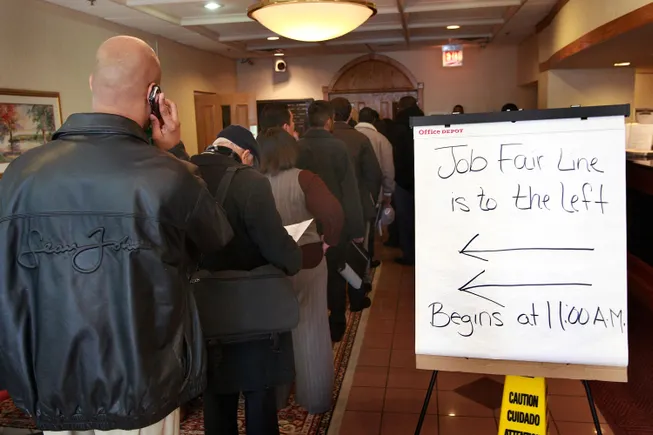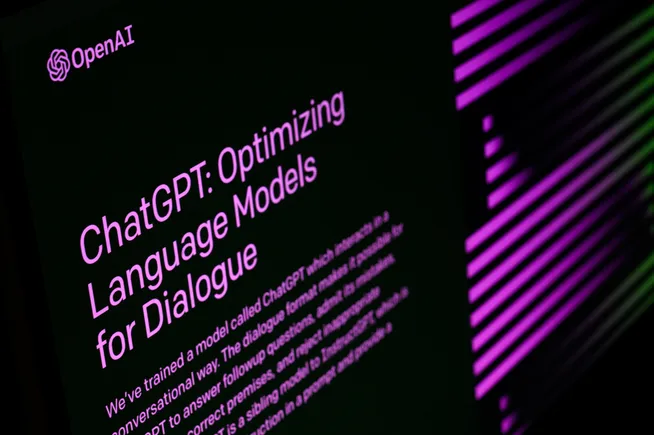Despite the accelerated shift from human-only to AI-augmented work, nearly three-quarters of technology developers say finding a job remains difficult — and it’s not for lack of demand, according to a survey by developer skills platform HackerRank.
Almost all (97%) of developers use AI, and the heaviest users report that 48% of their code is AI-generated, the Q4 2024/early 2025 survey of more than 13,000 developers, engineer managers, recruiters, executives and students across 102 countries found.
Yet even with businesses clamoring for their skills, 74% of developers say landing a tech job is tough. And it’s not just them. On the other side, 78% of tech leaders say finding skilled candidates is just as hard, the March 27 report pointed out.
Why the disconnect? It’s because of how companies hire, evaluate and retain developers, HackerRank said.
“If companies are serious about hiring and retaining tech talent, they need to rethink how they attract, engage and upskill developers sooner rather than later,” HackerRank co-founder and CEO Vivek Ravisankar stated in a media release.
For HR professionals, this means “thinking beyond hiring and upskilling — it’s about workforce planning at a whole new level,” Kyle Lagunas, head of strategy and principal analyst for Aptitude Research, added.
AI is helping — to a degree, according to a February report from LinkedIn. Many recruiters surveyed agreed that AI has improved hiring efficiency, allowing recruiters to take on more strategic roles, the LinkedIn report noted.
But far fewer recruiters agreed that AI has increased the quality of hires, a challenge highlighted in the HackerRank report.
The report doesn’t mince words. “Hiring processes are a mess” — and that causes many developers to prematurely drop out of the process, HackerRank said.
Survey respondents complained about having to contend with ghost jobs that “don’t actually exist, never get filled, or vanish without explanation.” They also reported long waits, unclear expectations and resume filters that block out strong candidates.
Candidates also have issues with how they’re assessed: 66% of developers want to be evaluated on real-world skills, not by theoretical tests, which they say don’t accurately gauge what they can accomplish.
Early-career developers are being hit the hardest, as companies, looking for talent who can deliver immediate value, prioritize experienced developers, rather than invest in junior training, according to the report.
Employers should take notice, HackerRank warned. These trends raise questions about the long-term health of the developer pipeline — and whether companies are setting themselves up for future talent shortages, it said.
Retention is also an issue. Even after getting hired, 40% of developers plan to leave within a year, the report found.
They said competitive pay comes first, according to HackerRank. But developers also prioritize growth and keeping up with new technology. Without learning opportunities, 61% won’t last 12 months in their current role, the report noted.
“No challenge, no innovation, no reason to stay,” HackerRank emphasized.
Also, while employee burnout is pervasive and costly across professions, it may be especially concerning for tech leaders, the survey findings revealed.
With an average of one-third of code now AI-generated, 67% of developers say it’s increased pressure on them to deliver faster, at a pace that’s becoming unrealistic, survey respondents indicated.






Leave a Reply